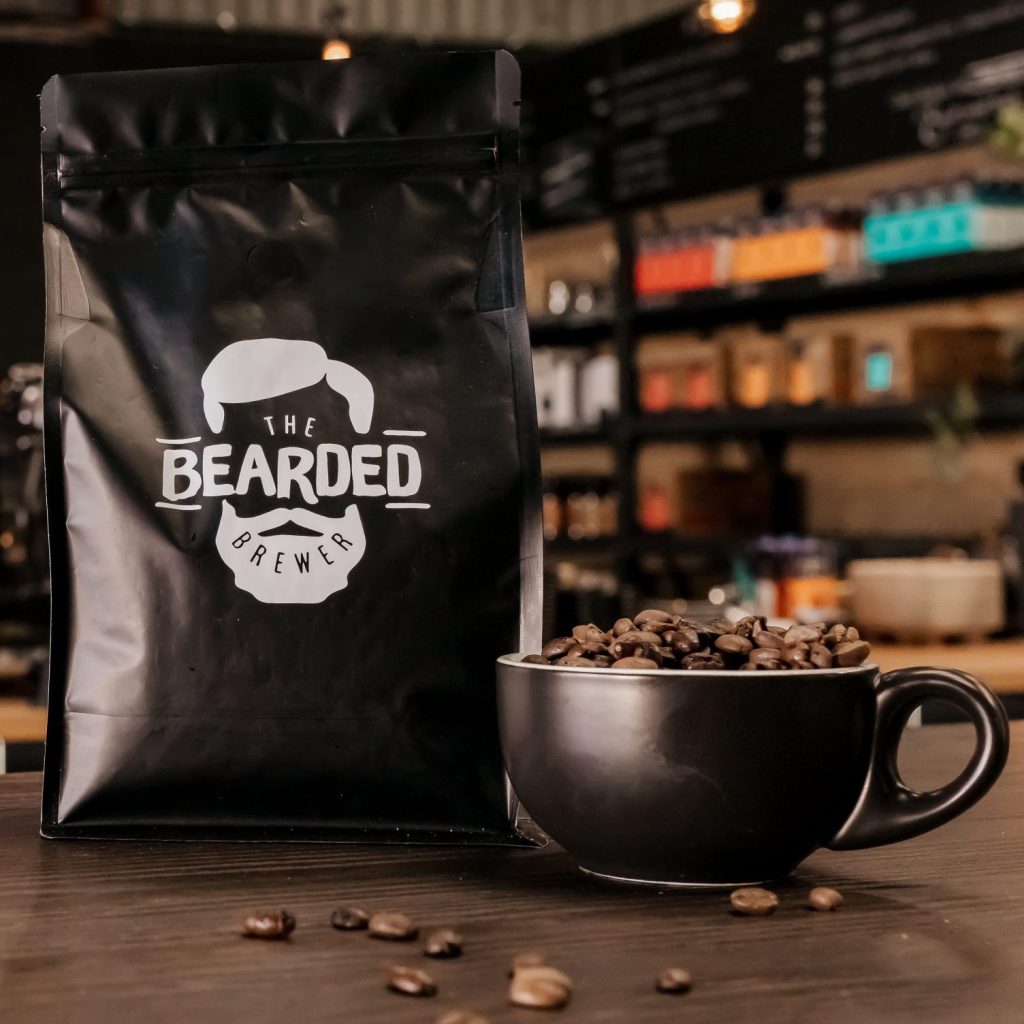Filter coffee – The coffee brewing method we want you to try
Filter coffee is good! In fact, it can be very, very good! Filter coffee is good! In fact, it can be very, very good – and I’m about to tell you why you should at least give it a try, even if it’s far from your favourite everyday brew. Everyone has an idea of what…

Filter coffee is good! In fact, it can be very, very good!
Filter coffee is good! In fact, it can be very, very good – and I’m about to tell you why you should at least give it a try, even if it’s far from your favourite everyday brew.
Everyone has an idea of what a filter coffee is; the black brew found in every café in America in the 80s and 90s and seen in every sitcom in the early 2000s. It was an easy, efficient way of a hot brew in the morning and the caffeine hit everyone needed. However, as the specialty coffee industry has grown with the third wave movement over the last two decades, coffee quality has become a major focus with those involved paying special attention to farming, production, roasting and preparation. With this, filter coffee has become an important and one of the most enjoyable ways of experiencing the unique flavours and qualities of different coffee beans.
At this point you might be thinking that you know you enjoy your coffee as espresso, with creamy delicious milk – and I’m not here to say that you’re wrong or that filter coffee is superior. At the end of the day, we like our coffee how we like our coffee but what I would offer is that filter coffee is a great way of tasting different coffees in a way that can’t be achieved with milk, for reasons that I’ll explain.
When coffee is grown and farmed, it is then processed in different ways and graded according to that country’s grading system. Coffees that grade highly are of a higher quality, often meaning they will feature more complex and unique flavours. Coffees that grade very highly are more sought after and therefore expensive to buy – with flavours ranging from different fruits and berries to chocolates, caramels and malts.
When it comes to roasting, some highly graded coffee will be roasted with a light profile, as opposed to a medium or dark roast often found in blends. The reason for roasting lightly is to accentuate the flavours of the coffee – we don’t want to taste the flavours from the roasting as much as we want to taste all the complex and interesting flavours found in the coffee bean.
Then when preparing these coffees in the café, we will often avoid mixing them with milk. This is because the lighter, more complex flavours that come as a result of the bean and light roast profile get lost more easily when mixed with milk. It doesn’t mean you can’t make milk coffees with these beans, but that you might simply be losing some of what is there. Similar to an expensive whiskey – you drink it neat, not mixed, otherwise you can probably expect a frown from your bartender (and me).
This is where filter coffee steps in. It gives us a way to enjoy these complex, highly graded coffees, and we take as much care in the preparation of the filter coffees as we do our espressos. We use a certain recipe for our different single origins, and you can find different videos all over youTube on how best to make filter coffees at home as well through single cup pour overs like the Hario v60. Unlike how filter coffee has been made and served in the past – the coffee should be sweet, with a strength akin to tea, far from bitter and allowing you to experience the different flavours and aromas offered by that bean. For example, we have an Ethiopian Limmu that has flavours of caramel, peach and stone fruits.
So in summary, filter coffee is good! If you still view filter coffee as dirty bog water that existed before espresso came about, then I’d encourage you to think again. It still might not be your personal preference, but it is definitely worth a try and something I think you will be pleasantly surprised by. If anything, it is an exciting way to try specialty coffee beans and experience them in a way that transparently presents what they have to offer.
